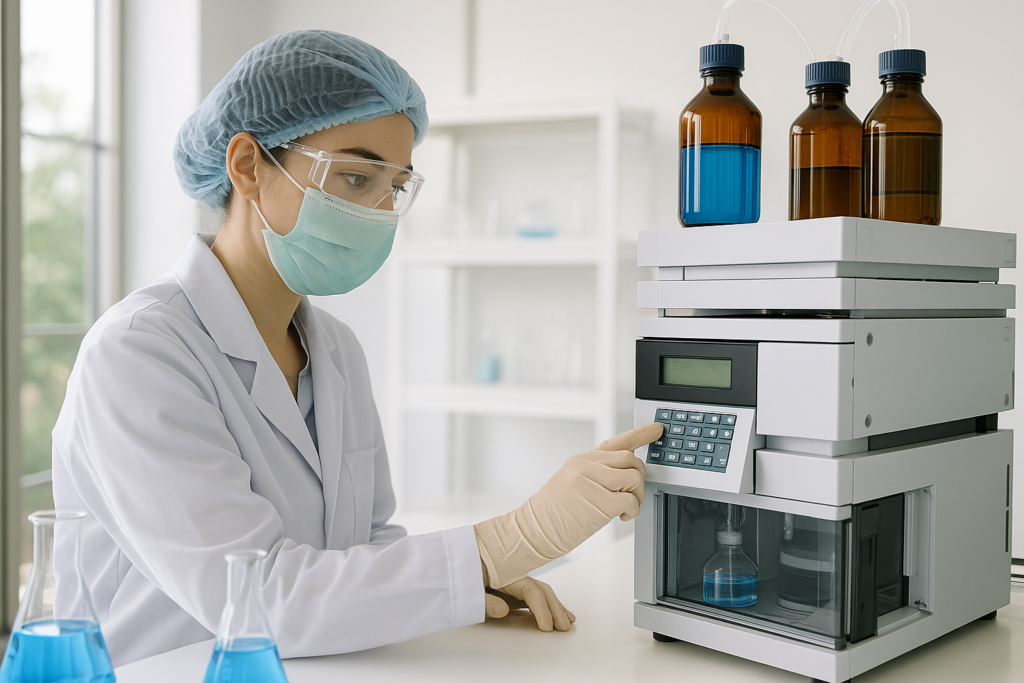
Pharmaceutical products must meet strict regulatory requirements to ensure their safety, efficacy, and quality. Analytical testing plays a crucial role in maintaining compliance with these regulations by verifying the chemical composition, potency, and purity of drugs.
Regulatory bodies require thorough documentation of analytical testing procedures, results, and validation processes. Companies must adhere to Good Manufacturing Practices (GMP) and Good Laboratory Practices (GLP) to ensure continuous compliance.
By integrating robust analytical testing into the pharmaceutical manufacturing process, companies can avoid compliance risks, product recalls, and regulatory penalties.
Regulatory agencies like the FDA, EMA, and ICH have set stringent guidelines for analytical method development to ensure drug safety and efficacy. Compliance with these regulations is critical for pharmaceutical... Read more
IntroductionContract packaging is an essential service that allows pharmaceutical companies to outsource their packaging needs to specialized partners. It offers flexibility, efficiency, and access to high-end technologies without investing in... Read more
IntroductionIn the pharmaceutical industry, quality isn’t a one-time event—it’s a continuous process. An Annual Product Quality Review (APQR) is a regulatory-mandated activity that evaluates the consistency and performance of drug... Read more